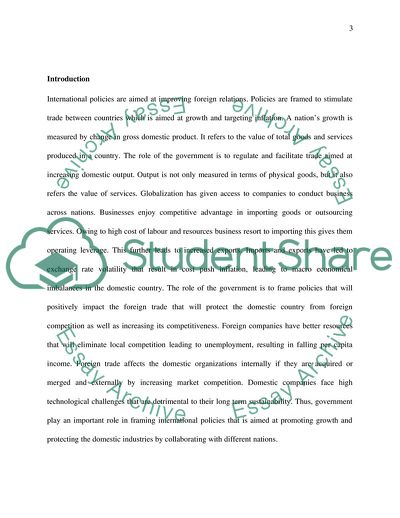Cite this document
(International finance Essay Example | Topics and Well Written Essays - 3000 words - 3, n.d.)
International finance Essay Example | Topics and Well Written Essays - 3000 words - 3. https://studentshare.org/macro-microeconomics/1873553-international-finance
International finance Essay Example | Topics and Well Written Essays - 3000 words - 3. https://studentshare.org/macro-microeconomics/1873553-international-finance
(International Finance Essay Example | Topics and Well Written Essays - 3000 Words - 3)
International Finance Essay Example | Topics and Well Written Essays - 3000 Words - 3. https://studentshare.org/macro-microeconomics/1873553-international-finance.
International Finance Essay Example | Topics and Well Written Essays - 3000 Words - 3. https://studentshare.org/macro-microeconomics/1873553-international-finance.
“International Finance Essay Example | Topics and Well Written Essays - 3000 Words - 3”. https://studentshare.org/macro-microeconomics/1873553-international-finance.


